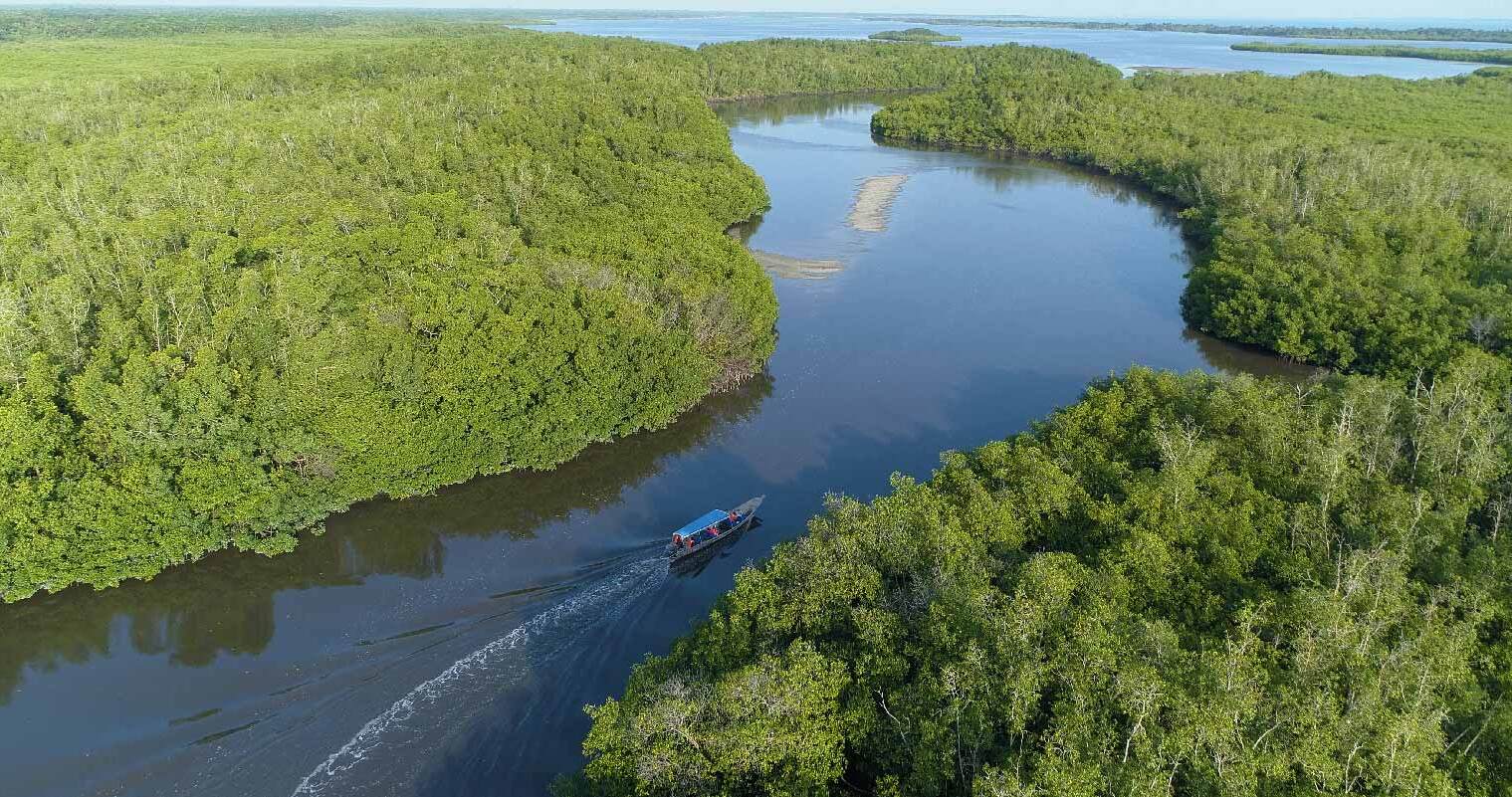
Guinea-Bissau, a small West African country, often flies under the radar, but it has a rich history and vibrant culture worth exploring. Did you know that Guinea-Bissau was once part of the Mali Empire? This nation, with its lush landscapes and diverse wildlife, offers more than meets the eye. From its unique blend of African and Portuguese influences to its stunning archipelago, Guinea-Bissau is a hidden gem. Bissau, the capital city, buzzes with life, showcasing colorful markets and colonial architecture. Whether you're a history buff, nature lover, or just curious, Guinea-Bissau has something intriguing for everyone.
Key Takeaways:
- Guinea-Bissau is a small West African country with diverse landscapes, rich culture, and a resilient society. It's known for its unique ecosystems, vibrant carnival, and top cashew production.
- The country has a fascinating history, with a colonial past, ethnic diversity, and a secular state. It faces challenges in education but continues to celebrate its cultural heritage through music and traditions.
Geography and Nature
Guinea-Bissau, a small country in West Africa, boasts diverse landscapes and rich biodiversity. Here are some fascinating geographical and natural facts about this hidden gem.
-
Archipelago of Bijagós: The Bijagós Archipelago consists of around 88 islands, many of which are uninhabited. This area is a UNESCO Biosphere Reserve due to its unique ecosystems and wildlife.
-
Mangrove Forests: Guinea-Bissau has extensive mangrove forests along its coastline. These forests are crucial for protecting the shoreline from erosion and providing habitats for various species.
-
National Parks: The country is home to several national parks, including Orango National Park, which is famous for its saltwater hippos. These parks protect the country's diverse flora and fauna.
-
Rivers: The country is crisscrossed by numerous rivers, the most significant being the Geba River. These rivers are vital for transportation and agriculture.
History and Culture
Guinea-Bissau has a rich history and vibrant culture influenced by various ethnic groups and colonial powers. Let's explore some intriguing historical and cultural facts.
-
Colonial Past: Guinea-Bissau was a Portuguese colony until it gained independence in 1973. The struggle for independence was led by the African Party for the Independence of Guinea and Cape Verde (PAIGC).
-
Ethnic Diversity: The country is home to more than 20 ethnic groups, including the Balanta, Fula, and Mandinka. Each group has its own unique traditions and languages.
-
Carnival: Guinea-Bissau hosts an annual carnival that is one of the most vibrant in West Africa. The event features colorful parades, music, and dance, reflecting the country's diverse cultural heritage.
-
Traditional Music: Gumbe is a popular music genre in Guinea-Bissau, characterized by its rhythmic beats and use of traditional instruments. It plays a significant role in social and cultural events.
Economy and Society
Despite facing economic challenges, Guinea-Bissau has a resilient society with unique economic practices. Here are some facts about its economy and social structure.
-
Cashew Production: Guinea-Bissau is one of the world's top producers of cashew nuts. Cashew farming is a major source of income for many rural families.
-
Fishing Industry: The country's coastal location makes fishing a vital industry. Fish and seafood are important exports and a staple in the local diet.
-
Informal Economy: A significant portion of the population works in the informal economy, engaging in small-scale trade and agriculture to make a living.
-
Education Challenges: Access to education remains a challenge, with many children not attending school regularly. Efforts are ongoing to improve educational infrastructure and access.
Unique Facts
Guinea-Bissau has some unique and lesser-known facts that make it stand out. Here are a few interesting tidbits.
-
No Official Religion: Guinea-Bissau is a secular state with no official religion. The population practices a mix of Islam, Christianity, and traditional African religions.
-
Amílcar Cabral: Amílcar Cabral, a prominent figure in the fight for independence, is considered a national hero. His legacy continues to inspire many in Guinea-Bissau and beyond.
-
Bissau-Guinean Creole: The most widely spoken language is Bissau-Guinean Creole, a Portuguese-based creole language. It serves as a lingua franca among the diverse ethnic groups.
Final Glimpse at Guinea-Bissau
Guinea-Bissau, a small West African nation, offers a rich tapestry of history, culture, and biodiversity. From its vibrant Bissau-Guinean music to the stunning Bijagós Archipelago, there's much to appreciate. The country's diverse ethnic groups, including the Balanta, Fula, and Mandinka, contribute to its unique cultural mosaic. Despite facing economic challenges, Guinea-Bissau's natural beauty and resilient spirit shine through.
The nation's history, marked by Portuguese colonization and a hard-fought independence, adds depth to its identity. Its lush rainforests and diverse wildlife make it a haven for nature enthusiasts. While Guinea-Bissau may not be a typical tourist destination, its hidden gems and warm-hearted people make it worth exploring.
Understanding Guinea-Bissau's complexities and appreciating its strengths can foster a deeper connection to this remarkable country. So, next time you think of West Africa, remember the unique charm of Guinea-Bissau.
Frequently Asked Questions
Was this page helpful?
Our commitment to delivering trustworthy and engaging content is at the heart of what we do. Each fact on our site is contributed by real users like you, bringing a wealth of diverse insights and information. To ensure the highest standards of accuracy and reliability, our dedicated editors meticulously review each submission. This process guarantees that the facts we share are not only fascinating but also credible. Trust in our commitment to quality and authenticity as you explore and learn with us.


